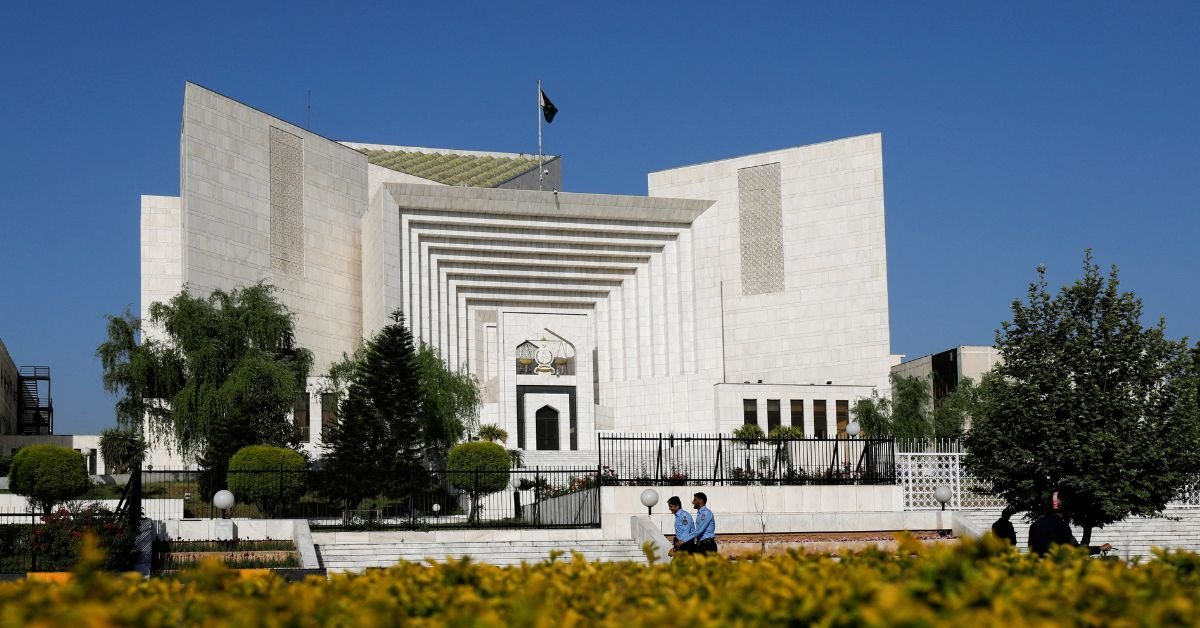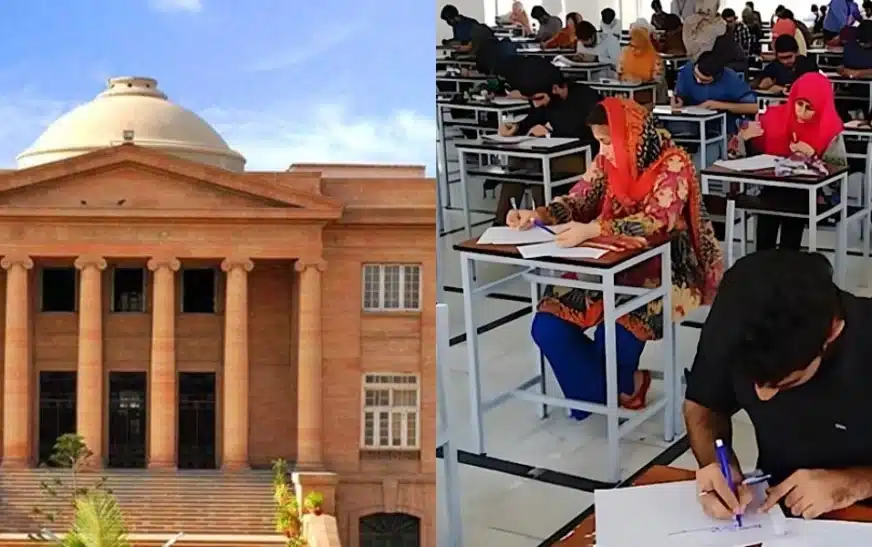Remand, commonly referred to in common law jurisdictions as pre-trial detention, involves the process of holding an accused person in custody before their trial. This detention, whether in police or judicial custody, can be controversial, as it conflicts with the principle that an accused is presumed innocent until proven guilty. For this reason, pre-trial detention is usually governed by strict safeguards and time limits.
Definition & legal framework
According to Black’s Law Dictionary:
- To remand a prisonermeans to return them to custody after a preliminary or partial hearing before a court or magistrate, until the hearing resumes or the trial proceeds.
- To remand a case means to send it back to the original court for further proceedings.
In the context of Pakistani law, remand is addressed under Section 167 of the Criminal Procedure Code (Cr.P.C), which should be read alongside other relevant sections such as 61, 62, 173, and 344 Cr.P.C. There are two types of remand:
- Physical Remand: When an accused is held in police custody.
- Judicial Remand: When the accused is placed in judicial lock-up or jail.
Constitutional safeguards
Article 9 of the Constitution of Pakistan guarantees that no person shall be deprived of life or liberty except in accordance with the law. Article 10 provides additional safeguards concerning arrest and detention. Courts must consider these constitutional provisions before granting remand.
The Criminal Procedure Code stipulates that the police are required to complete their investigations within 24 hours. If this is not possible, the arrested individual must be presented to a magistrate with an application for physical remand. The magistrate then decides whether to grant physical or judicial remand based on the following guidelines:
- Immediate discharge: The magistrate can discharge the accused if there is no cause for further detention (Section 63 Cr.P.C).
- Police custody: Remand can be granted to police custody for up to 15 days, with a copy of the order sent to the Session Judge (Section 167 Cr.P.C).
- Trial proceeding: The magistrate may commence trial or forward the case to the Session Judge (Section 190 Cr.P.C).
Conditions & guidelines for granting remand
- Necessity: Physical remand should only be granted if the presence of the accused is essential for the inquiry.
- Duration: The time period should be as brief as possible.
- Judicial Custody: If a confession is made, the accused must be sent to judicial custody.
- Discouragement of Abuse: Magistrates should prevent police from using remand to extract confessions.
- Legal Standards: Remand should not be granted in the absence of the accused.
Read More: Why Pakistan Needs a smart deal on Chinese IPPs debt?
Case law & judicial precedents
Several key judgments have shaped the understanding of the concept:
- Ghulam Sarwar’s Case (1984 P.Cr.L.J 2588): Magistrates must only authorise police remand on strong grounds, record reasons, and ensure the police submit a complete or incomplete challan after 15 days.
- 2009 SCMR 181: The investigating agency must adhere to Section 173(1) of Cr.P.C and submit an interim challan if a final report cannot be submitted in time.
- PLD 2005 SC 86: The magistrate must satisfy themselves about the necessity of remand and cannot grant it automatically upon police request.
Remand of female accused
Sections 167(5), (6), and (7) of Cr.P.C outline specific provisions for the remand of female accused:
- Qatl and Dacoity: Remand of women is permissible only in serious cases like murder and robbery.
- Investigation Protocols: Investigations in prison must involve a jail officer and a female police officer.
- Restrictions on Custody: Women should not be removed from prison between sunset and sunrise unless necessary.
In conclusion, remand is a crucial legal process designed to balance the need for justice with the protection of individual rights. The procedural safeguards and legal precedents aim to prevent misuse and ensure that the rights of the accused are upheld throughout the pre-trial period.















